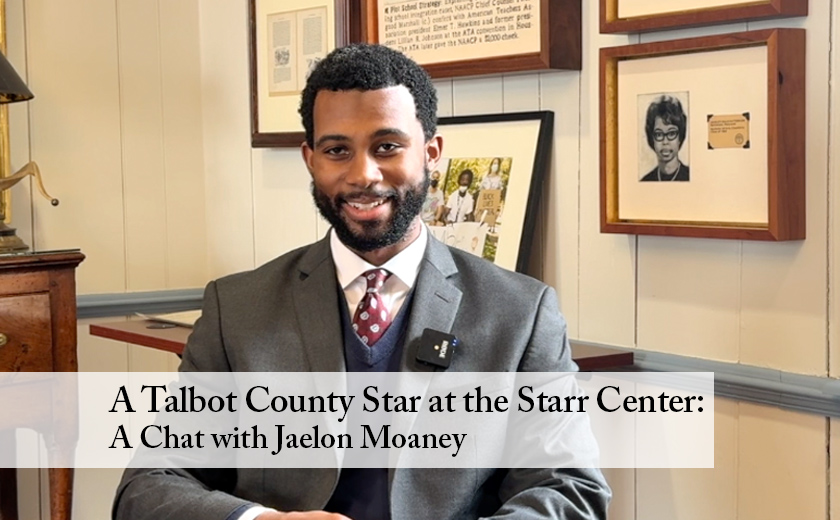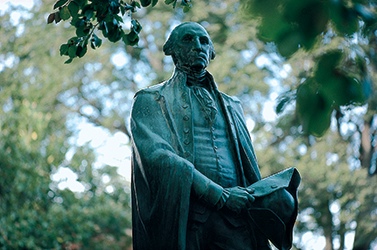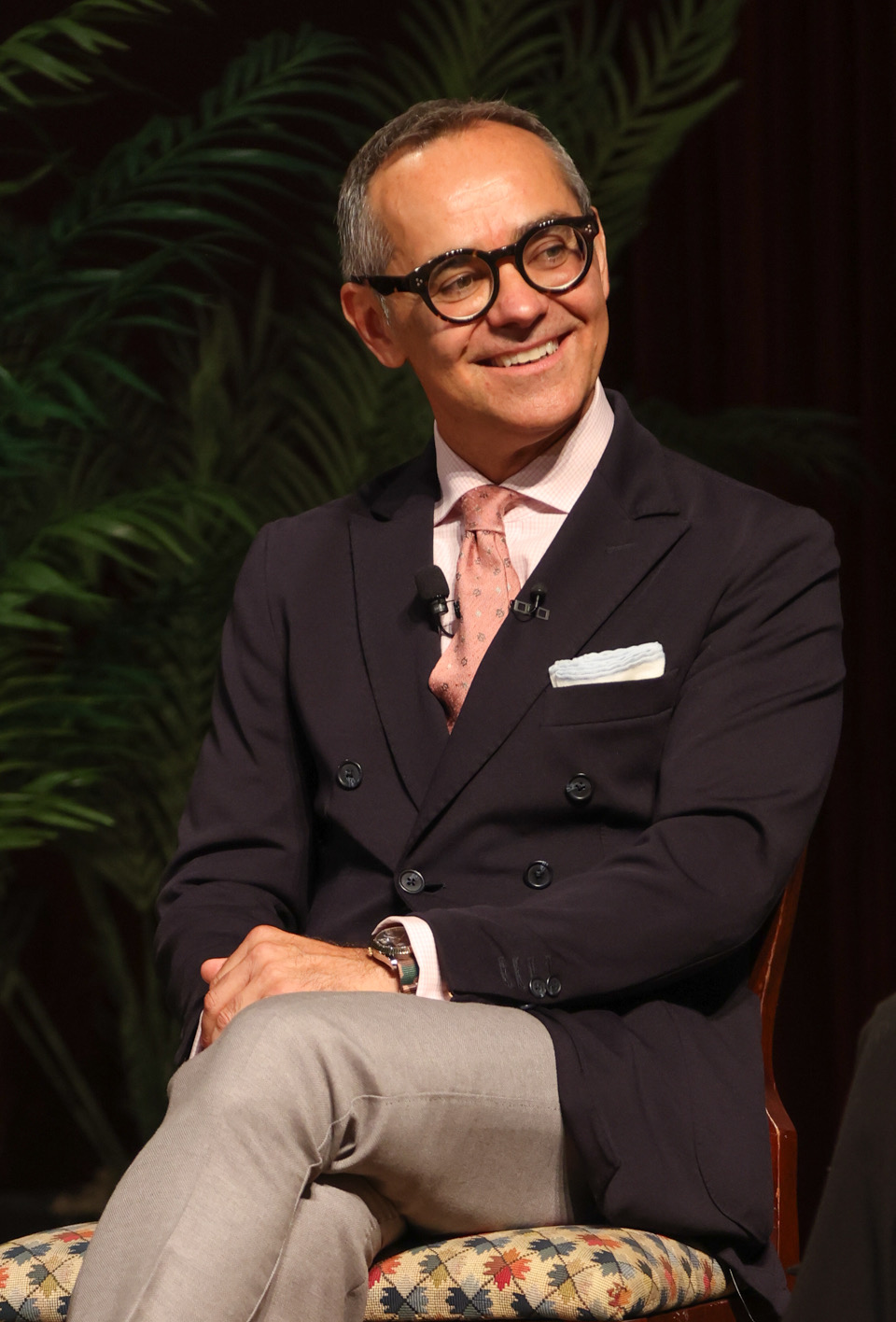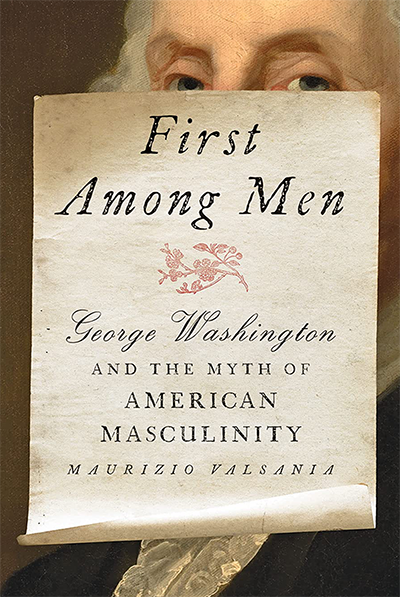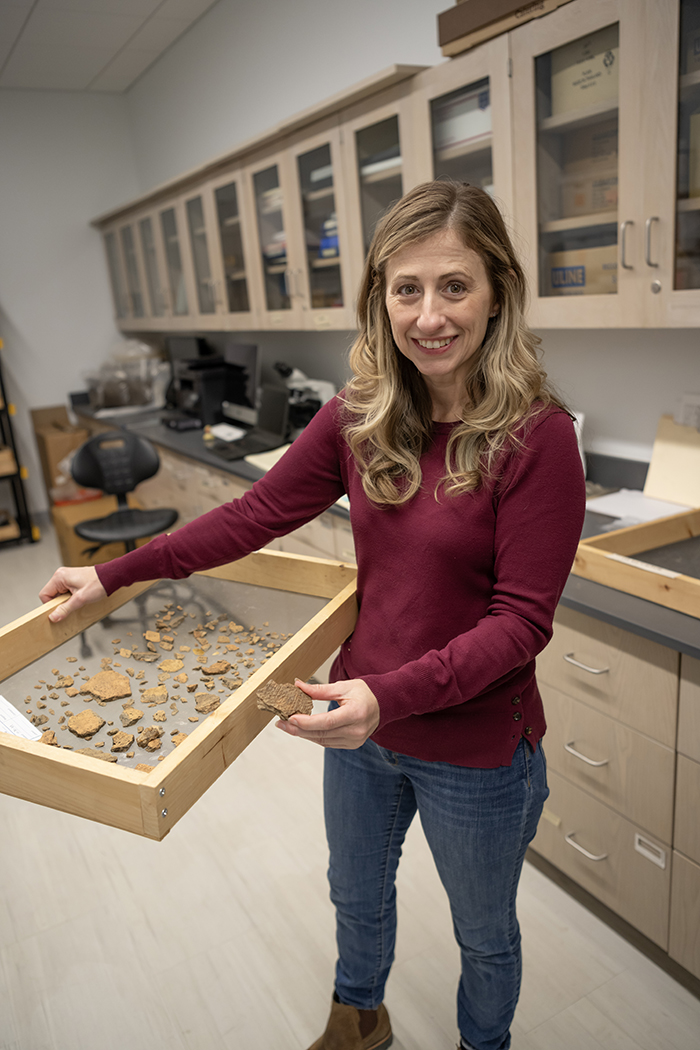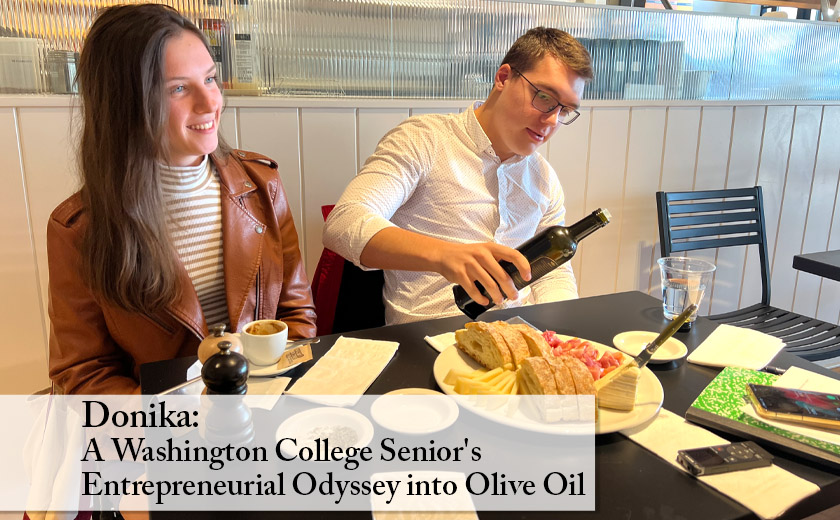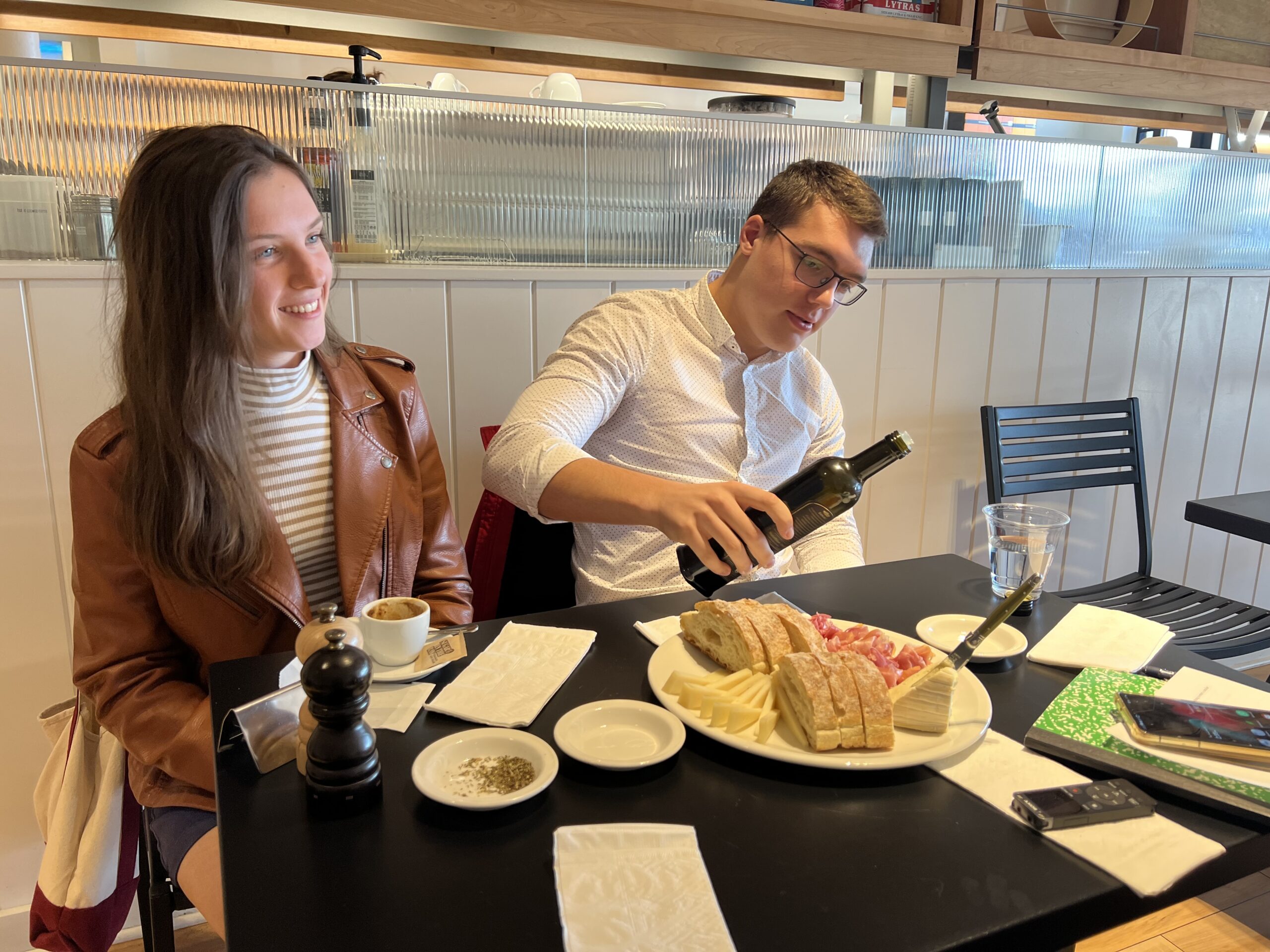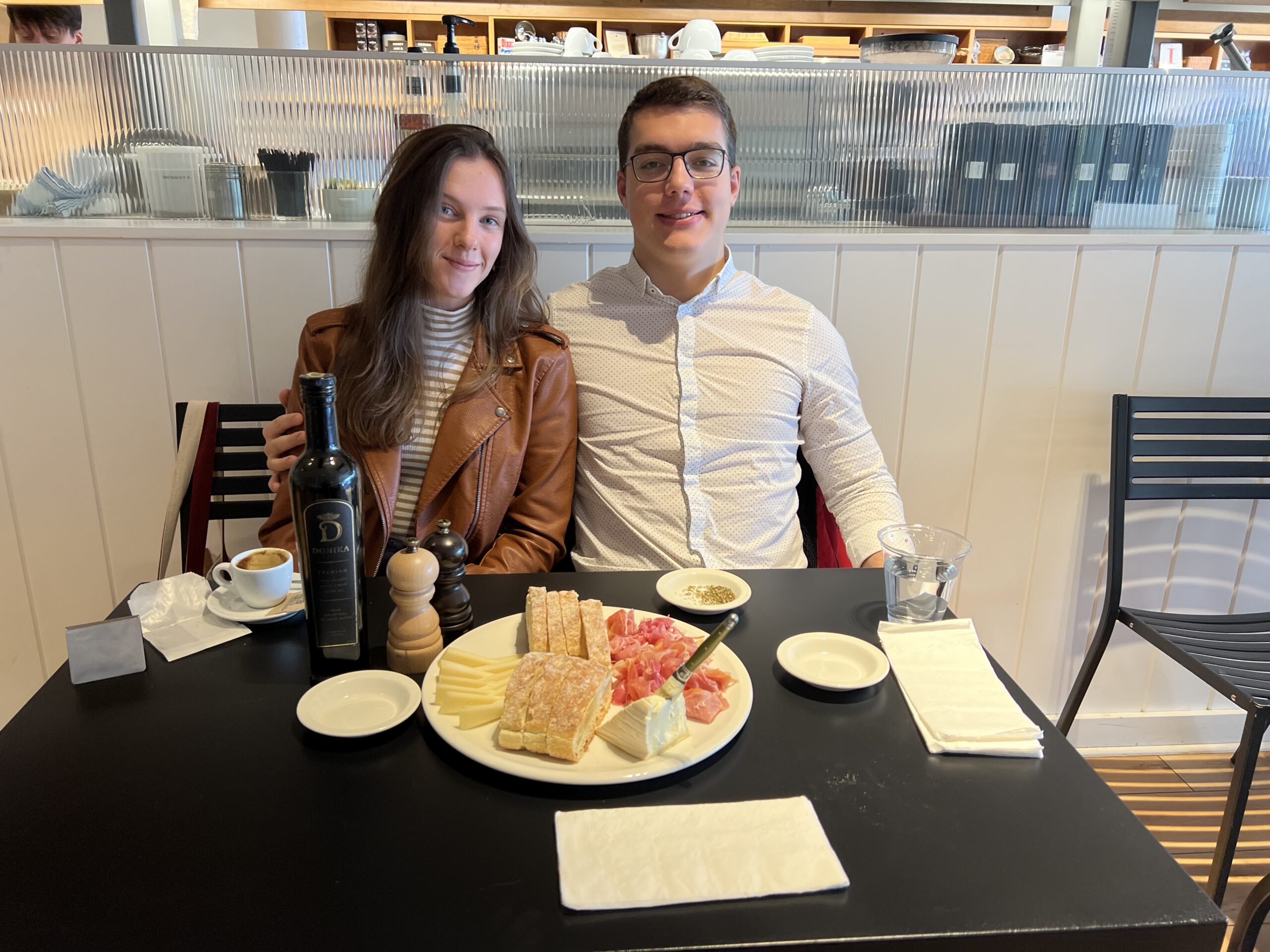
Christian McBride
The Office of the President is pleased to announce eight-time GRAMMY-winning musician and renowned radio host Christian McBride as the keynote speaker at Washington College’s 241st Commencement Exercises for the class of 2024. The event will take place on Sunday, May 19 at 10:00 a.m. on the campus lawn.
An eight-time GRAMMY-winning bassist, composer, and bandleader, McBride serves as the artistic director of the historic Newport Jazz Festival, the New Jersey Performing Arts Center (NJPAC), the TD James Moody Jazz Festival, and the National Jazz Museum in Harlem. In addition to artistic directing and consistent touring with his ensembles, he hosts NPR’s “Jazz Night in America” and “The Lowdown: Conversations With Christian” on SiriusXM.
“I’m really looking forward to speaking at Washington College’s commencement in May,” said McBride, who will receive an honorary Doctor of Fine Arts degree from the College. “My family is from the Eastern Shore of Maryland, so I have great memories tied to the area. I can’t wait to speak to the young people at Washington College and congratulate them on their achievement.”
McBride’s approach to his talent, passions, and career are well in line with Washington College’s mission to cultivate civically engaged citizen leaders. In addition to his many music industry accolades, he is also a respected educator and advocate for youth and serves as artistic director of Jazz House KiDS and the Jazz Aspen Snowmass Summer Sessions.
McBride’s colossal sound, strikingly vast body of work, and huge strides within the realm of artistic directorship are characteristic of a self-identified perpetual student, whose love of learning feeds his passion, and whose passion has led a generation of musicians — within jazz and beyond.
“In inviting him to speak and bestowing this honorary degree, we wish to recognize Christian’s immense contribution to jazz music, America’s original musical art form, and his accomplishments as one of the foremost bassists of a generation,” said Washington College President Mike Sosulski. “We also wish to honor his role as an educator and ambassador for jazz music, in addition to being a composer and performer. Christian exemplifies what we hope to see in all our graduates, which is a deep understanding of how the fine arts, an integral part of the liberal arts, can transport us, inspire us, and enrich our lives each and every day.”
Whether behind the bass or away from it, McBride is always part of the music. From jazz to R&B, and pop/rock and hip-hop/neo-soul to classical, he is a luminary with one hand reaching for new heights, and the other extended in fellowship. Singular in his torch-bearing role, McBride takes none of his success for granted.
“My career is no longer for the benefit of just me,” McBride has said.

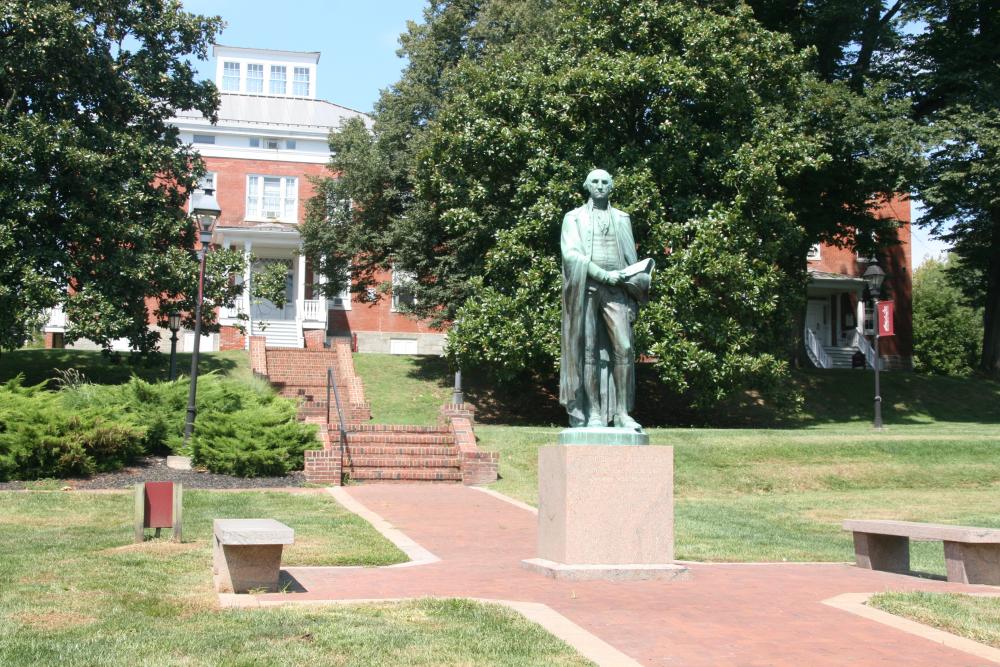
 Two Events Open to the Public from Visiting Professors Kenneth Andrews
Two Events Open to the Public from Visiting Professors Kenneth Andrews